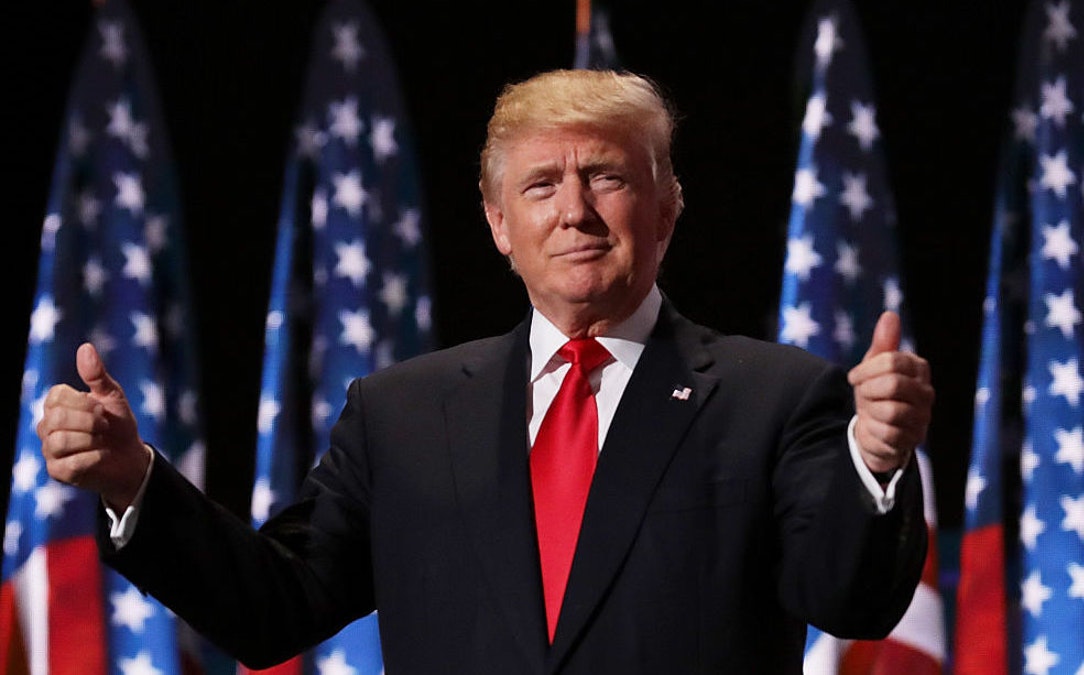Surprise, surprise: Three countries that are signatories to the infamous Iran nuclear deal have suddenly hardened their positions vis-à-vis Iran after the Trump administration’s airstrike killing Iranian general Qassem Soleimani.
On Tuesday, Britain, France and Germany triggered the nuclear deal’s dispute mechanism, which means Iran has 30 days to stop violating the nuclear deal before a “snapback” of U.N. and EU sanctions on Iran could be implemented, as the Associated Press reports.
As Britain’s Foreign Secretary Dominic Raab informed Parliament, although Russia and China objected to the move by Britain, France and Germany, every time Iran violates the deal, the “breakout time” Iran needs to create a nuclear bomb is diminished. He warned, “Each of these actions were individually serious. Together, they now raise acute concerns about Iran’s nuclear ambitions.”
German Foreign Minister Heiko Maas stated, “Our goal is clear: We want to preserve the accord and come to a diplomatic solution within the agreement. We will tackle this together with all partners in the agreement. We call on Iran to participate constructively in the negotiation process that is now beginning.”
Iran’s Foreign Ministry claimed there would be a “serious and strong response” to the new actions by the triumvirate of European countries. AP noted of the nuclear deal, “Iran last year began violating its limitations in stages … Following the drone strike in Iraq that killed Revolutionary Guard Gen. Qassem Soleimani, Iran announced what it said was its fifth and final step in violating the deal, saying it would no longer abide by any limitation to its enrichment activities.”
Making sure they did not offend Iran too much, the three countries protested that they were not joining the Trump administration in its hard-line stance toward Iran, stating, “Our three countries are not joining a campaign to implement maximum pressure against Iran. Our hope is to bring Iran back into full compliance with its commitments.”
EU foreign policy chief Josep Borrell also dithered that this was not a hard-line move, stating that just because the three countries were implementing the dispute mechanism did not mean sanctions would be forthcoming. He said, “We have to preserve the nuclear deal and work to go back to full and effective implementation,” calling the nuclear deal a “significant achievement” and adding, “there is no alternative to this agreement.”
The Russian Foreign Ministry argued against the move, stating, “We see no reason for such a step,” calling it an “ill-considered decision” that could make a return to the original nuclear deal “unachievable.”
Israeli prime minister Benjamin Netanyahu announced in April 2018 that Iran had a comprehensive program, Project Amad, to design and develop nuclear weapons, which was carried out inside the Iranian Defense Ministry, a program whose existence Iran denied.
CBS News reported last September:
Iran has begun using arrays of advanced centrifuges to enrich uranium in violation of its 2015 nuclear deal, a spokesman said Saturday, warning that Europe has little time left to offer new terms to save the accord. The comments by Behrouz Kamalvandi of the Atomic Energy Organization of Iran signal a further cut into the one year experts estimate Tehran would need to have a enough material for building a nuclear weapon if it chose to pursue one … Iran already has breached the stockpile and enrichment level limits set by the deal.















